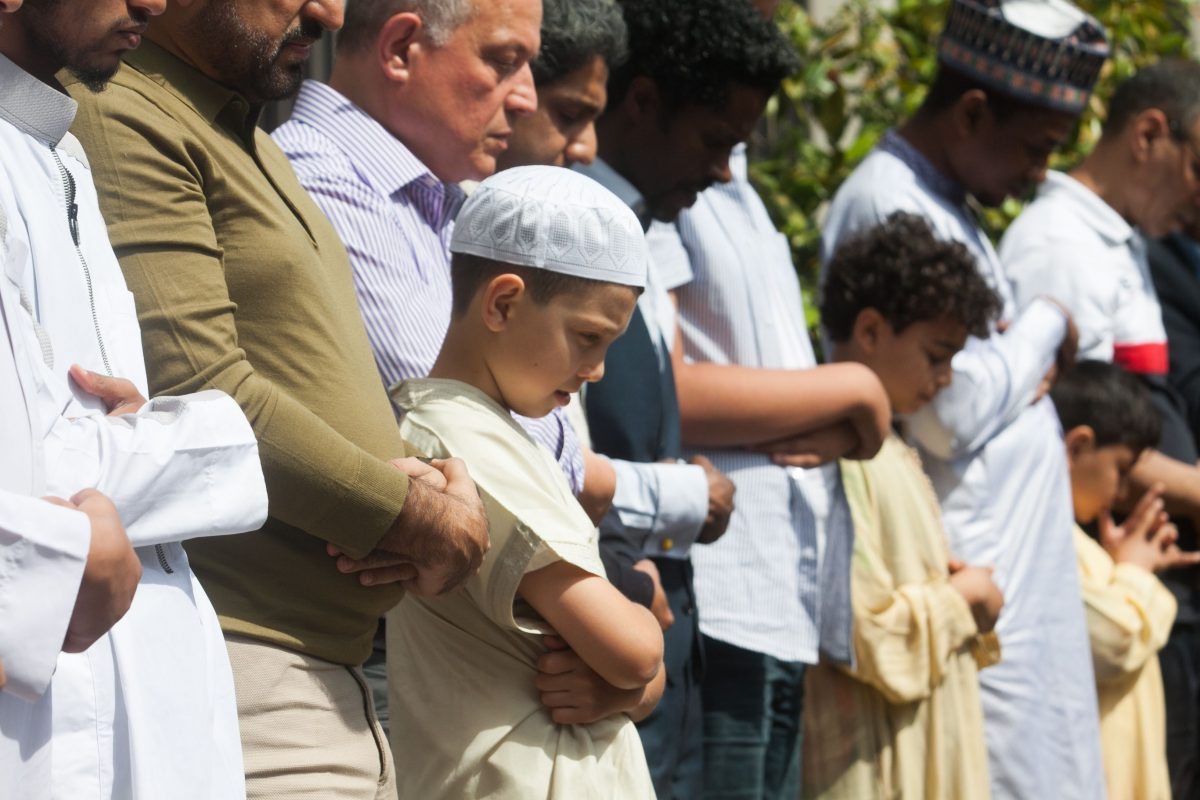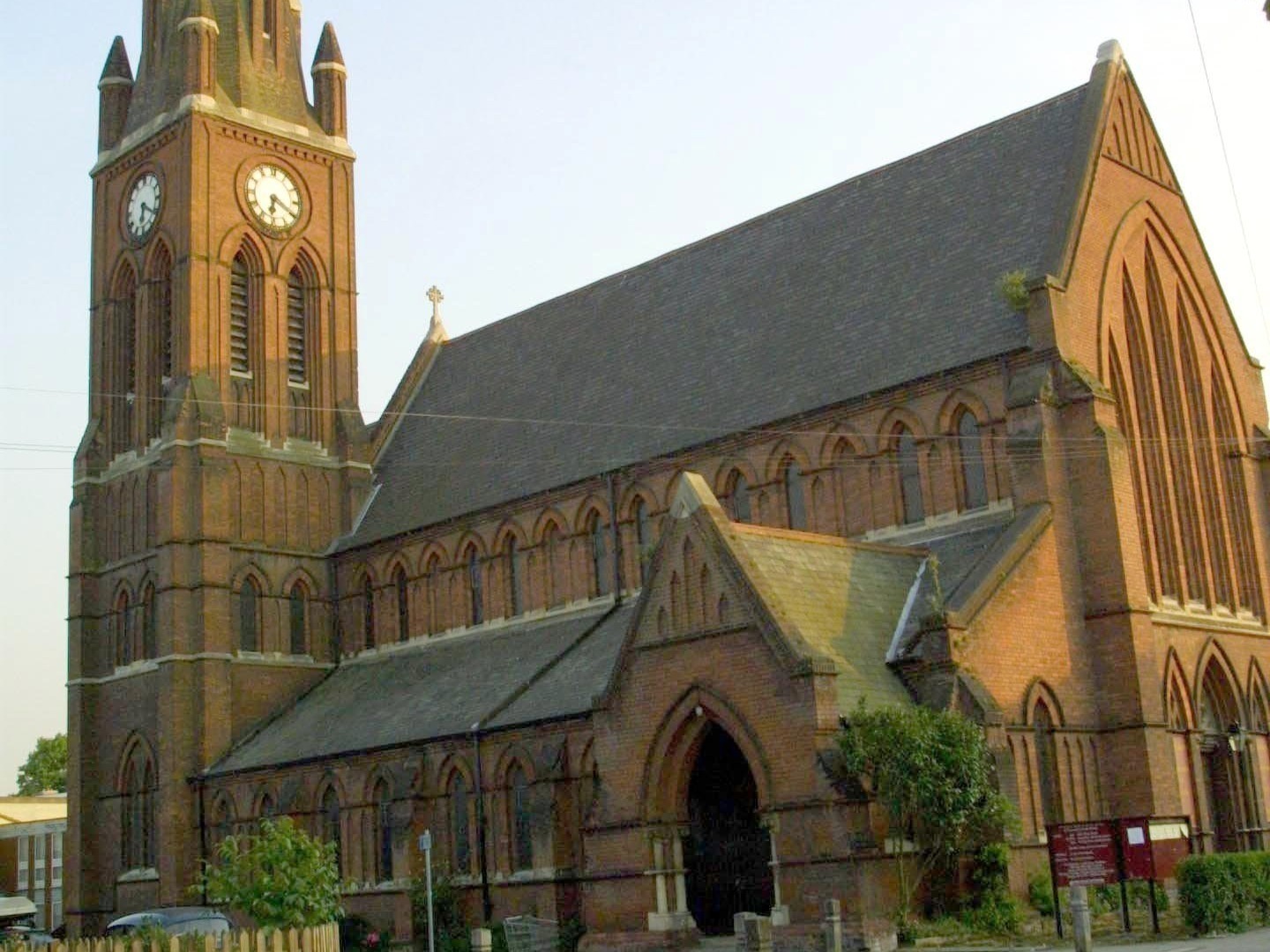Having lived in a country that has very strong ties to religion, to then move to one where most people don’t associate with one, has been quite an interesting experience for me over the last couple of years.
Personally, religion is something I’ve struggled with, rediscovered, and interpreted in several different ways over the last decade of my life.
In my quest to find the right answers, I’ve had many interesting conversations regarding comparative religion with people of all faiths, or even with those who don’t follow one.
Talking to people about a topic like religion, can be very tricky I’ve realised. Naturally so I believe, as it’s something quite personal that has a unique perspective for everyone.
In fact, it’s such a tricky discussion topic, that many people I spoke to for this article later backed out once I fully explained what the conversation was going to be about.
Looking at me, it’s hard to guess that I follow Islam. I’ve never dressed the part; and I don’t follow the traditional practices either. For me, it’s an integral core belief rather than a way of living.
But even though I don’t follow the many practices which people of my own faith are supposed to carry out, I still firmly believe in my own interpretation, which carries many aspects of spirituality with it too.
Do students question their beliefs more in university?
Coming from a country like Pakistan, which is predominantly Muslim, I’ve never had to think twice about what it means to be religious until recently.
Having moved to London, which is as diverse as it gets, I’ve had many more opportunities to question things, to the point where I’ve completely abandoned certain prior beliefs and adopted some others from other belief systems.
Seeing all the religious societies that Kingston University has, as well as a faith and spirituality centre, I have realised that students time in university plays an integral part in the defining and development of religious beliefs.
It’s when students are fully independent, perhaps for the first time, and so with that comes an effort for self-discovery.

Sulaiman Alomran, who studies pharmacy at Kingston University, and is an international student from Kuwait had some interesting thoughts about the matter.
“I feel like the word religious has a conceived bad meaning behind it, and that’s because of the media…In Kuwait where the majority is Muslim alcohol isn’t even sold legally, and you hear the call to prayer 5 times a day. It’s harder to stay religious while living in London as that constant reminder of religion being an integral part of your life is not there.
“I have questioned my belief system before. It would be so easy for me to abandon it if I wanted to since the opportunity would be more easily available back home. However, I do have strong convictions regarding my beliefs so I’m not going to do that.”
Kian Aghapor, who studies criminology at Kingston University, states, “I’m not as religious as I used to be. I used to go to Sunday church as a kid, but as you grow older you start to doubt things and ask questions. The church I went to was very strict, and now I take it as a way of being controlled. But now that I’m older I’ve realized that God wants us to be equal to everyone, and you don’t necessarily have to go to church for it.
Aghapor also answered my previously unanswered dilemma as to why people were so hesitant to talk about their religious beliefs.
“Religion is such a personal thing, and everyone has different variations of beliefs about it. It’s something people passionately defend, so I usually stay away from these conversations, as they can tend to just go around in a loop. Many people get defensive and don’t know their limits, so I just keep what I believe to myself.
The definition of religion perhaps for the younger generation is changing. With some individuals discarding the older generation’s beliefs and others developing their own and integrating spiritual practices into their life. It is interesting to see how as we grow as individuals, our relationships with our belief systems continue to evolve.

